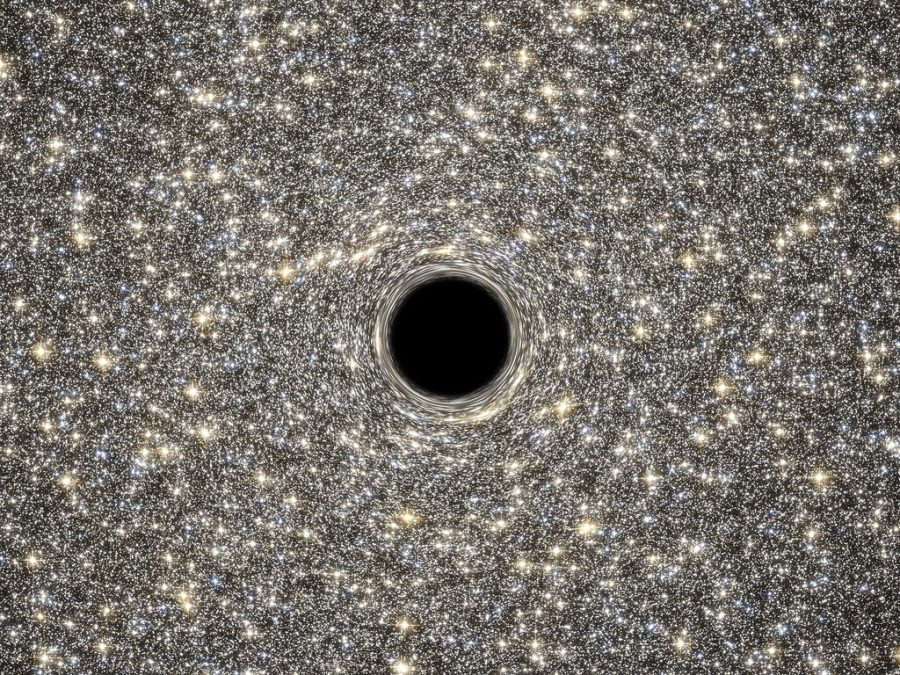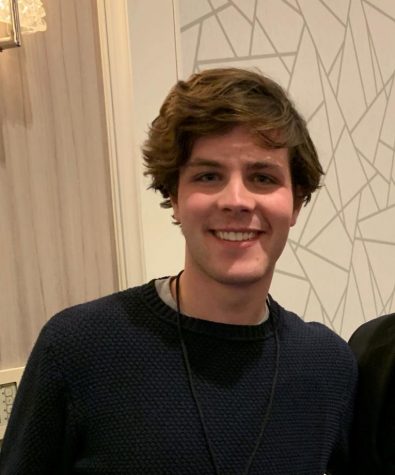Let’s talk about black holes
“Hubble Helps Find Smallest Known Galaxy Containing a Supermassive Black Hole” by NASA Goddard. Photo licensed under Creative Commons
Mar 2, 2021
Black holes are a scientific mystery. They are the remnants of dying stars that collapse in on themselves. The gravitational pull of this center is so strong that not even light can escape it, forming absolute darkness.
Black holes can vary in size, with supermassive black holes being 4 million times the size of our sun and others as small as a single atom. Even these miniscule black holes can still contain matter with the mass of a mountain. Every galaxy contains a supermassive black hole at the center, which makes sense considering that the matter in galaxies orbits around the center, and it takes a strong gravitational pull to manage an entire galaxy.
Our black hole is smack in the middle of the Sagittarius constellation and is appropriately named Sagittarius A.
Hi, Sagittarius A. Thanks for all your hard work.
Some might be unnerved that our existence depends on the gravitational force of a highly destructive object, but I think it’s rather poetic.
Black holes start as stars, experience gravitational collapse and then contract to a singularity or, as Stephen Hawking puts it, “a point of infinite destiny.”
Also poetic.
In fact, there is little about space that fails to help us understand the nature of our existence. Though thinking about the vastness of the universe and mysteries like black holes is often overwhelming, it also enables us to think about important questions.
Recently, I have been reflecting on the space I occupy and how that space revolves around our giant friend Sagittarius A. When I consider objects that large, I feel pretty small. It’s comforting.
As I prepare to enter the workforce, I have been trying to understand my goals and what Truth means. Black holes undermine my ideas of that truth. I want to say that truth is at least the reality I exist in. Well, black holes have something to say about that.
In a black hole, time-space funnels downward and might even open up. Think of time-space like a blanket pulled taut, and a black hole like a marble on that blanket. The marble sinks into the blanket and might even rip through it if the marble is heavy enough. Black holes warp the reality we understand as concrete. Even the truths I attempt to claim as absolute are uncertain.
Thus the inevitable conclusion is that the only thing that is certain is uncertainty. Personally, I hate that.
How can the conclusion of all my thinking and research be that I don’t know? After four years of college education, I don’t know.
I don’t know.
Even if that’s not okay, it has to work for now. So when I graduate, I will lean into the future like it’s an old friend and hope I can find something other than uncertainty. Still, I can’t help but marvel at the beauty of uncertainty — and black holes.














